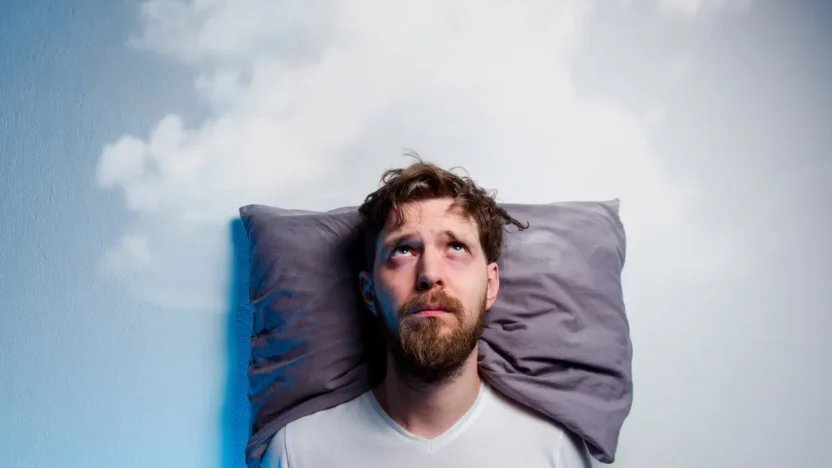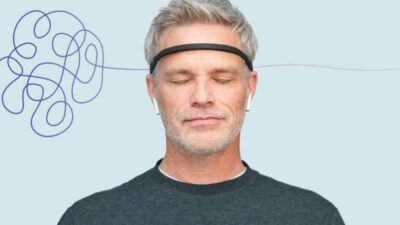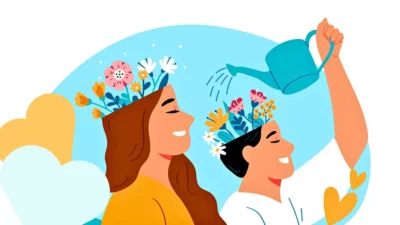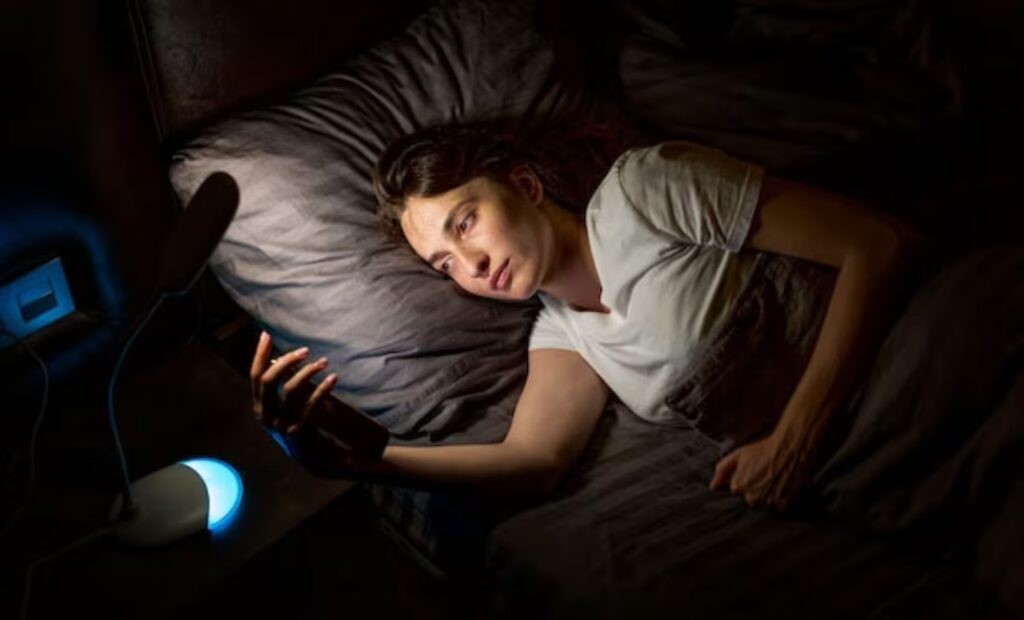
In today’s fast-paced world, countless individuals face the dual challenges of insomnia and social anxiety—conditions that disrupt sleep, hinder personal interactions, and reduce overall productivity. With mental health making headlines across the globe, this article explores the hidden causes behind these challenges and reveals secret strategies to regain control. If you’re struggling with restless nights and social apprehension, you’re not alone. Backed by the latest research and expert insights from 2023, we delve into innovative solutions that pave the way for recovery and improved well-being.
Understanding the Dual Challenges: Insomnia and Social Anxiety
In the modern era, insomnia and social anxiety have emerged as two significant challenges. Frequently highlighted in global news, these conditions affect millions daily—disrupting sleep quality and impacting social interactions. In a world filled with nonstop digital stimulation, disrupted sleep cycles and heightened stress are common, thereby damaging overall mental health.
The struggle to achieve restful sleep, while simultaneously dealing with social fears, creates a vicious cycle that impedes personal growth. Understanding the root causes is the essential first step toward effective treatment. Current news and research bring clarity to these conditions, encouraging a deeper look into comprehensive solutions that blend medical treatments with lifestyle adjustments.
This section unpacks key definitions and symptoms, supported by recent statistics and research that reveal a worrying rise in cases of insomnia and social anxiety. Readers are invited to identify any warning signs in themselves or those around them, opening a dialogue about recovery and improvement.
Exploring Causes and Impact in Today’s News Landscape
Recent news trends have shone a spotlight on the rising incidences of insomnia and social anxiety. Technological disruptions, pandemic-induced isolation, and increasing work pressures all play significant roles. Industry experts note that modern lifestyles foster an environment where sleep deprivation and anxiety are increasingly common.
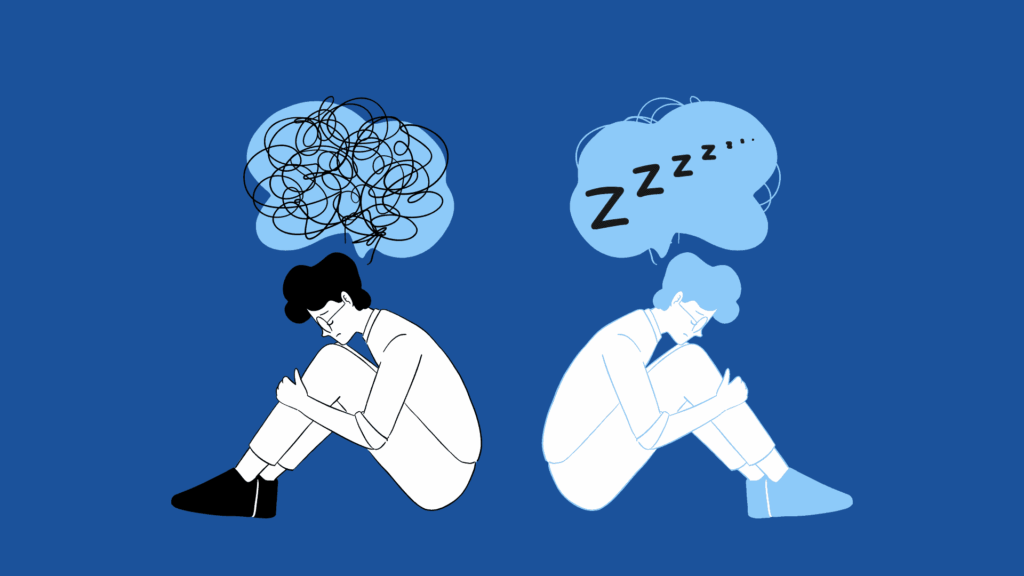
Several studies assert that constant exposure to technology—whether through smartphones, social media, or blue light from screens—creates barriers to natural sleep patterns. Likewise, social anxiety is fueled by the constant need for online validation and the pressures associated with maintaining digital personas, topics frequently examined in current mental health reports.
Additionally, socio-economic factors such as financial instability, societal pressure, and rapid urbanization contribute to escalating symptoms of insomnia and anxiety. Data from esteemed institutions like the World Health Organization (WHO) reveal a sharp year-over-year increase in such cases. Effective solutions must therefore address both the physical and societal aspects of these conditions.
Lifestyle Influences and Environmental Stressors
Erratic sleep schedules, excessive caffeine intake, and long work hours all contribute to chronic sleep deprivation. These habits create a cycle that is hard to break without deliberate changes.
Urban living too introduces unique challenges. Noise, crowded spaces, and continuous human interaction can trigger or worsen social anxiety. Recent news calls for more green spaces and quiet zones in cities to help mitigate these stressors.
Digital Age and Its Impact on Mental Health
Living in a digital era means many are glued to their screens for work and leisure, disrupting natural sleep cycles. Prolonged exposure to digital devices interferes with the body’s melatonin production, leading to longer periods of wakefulness.
Social media, originally designed to connect people, often ends up inciting unfavorable comparisons and insecurities that intensify social anxiety.
Innovative Approaches and Secret Solutions to Overcome the Conditions
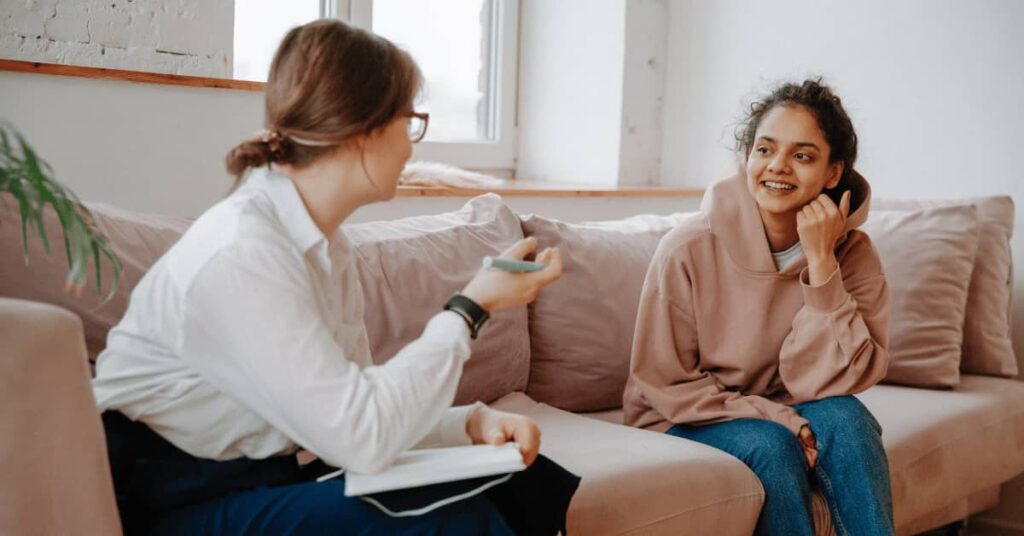
A revolutionary approach in dealing with insomnia and social anxiety is the merging of modern technology with time-tested therapies. Recent articles highlight emerging techniques that combine cognitive behavioral therapy with digital tracking tools. These secret solutions are transforming lives by blending scientific innovation with practical strategies.
Innovative mobile apps now enable users to monitor their sleep patterns and provide personalized suggestions for improving sleep hygiene. Additionally, digital support groups and online platforms have become safe spaces for overcoming the fear of social interactions. This new approach is reshaping how experts diagnose and treat these conditions.
The integration of personalized digital interventions with conventional therapies shifts the focus from generic treatments to strategies tailored for individual needs. This promising trend, widely covered in the news, empowers patients and equips healthcare providers with better tools to track progress.
Digital Therapeutics and Sleep Tracking
Advanced devices now feature sensors that monitor sleep quality and environmental conditions. These precise measurements help identify patterns that contribute to insomnia.
By analyzing user data, these applications can suggest targeted interventions—ranging from relaxation techniques to adjustments in the sleep environment—to create a personalized roadmap to improved sleep.
Cognitive Behavioral Therapy Online for Social Anxiety

Online cognitive behavioral therapy (CBT) has emerged as an effective tool for managing social anxiety. These virtual sessions provide structured, step-by-step guidance to overcome fear and build confidence.
Programs specifically designed for virtual interactions help individuals gradually build the confidence to manage real-world social situations, thereby reducing anxiety over time.
Expert Advice, Case Studies, and Future Perspectives
In this section, we turn to expert opinions and compelling case studies that detail real-life successes in overcoming insomnia and social anxiety. Interviews and reports from trusted mental health professionals underline the importance of personalized treatment. Experts assert that understanding each condition’s nuances is vital for recovery.
Case studies from around the globe showcase the transformative effects of combining medication, therapy, and lifestyle changes. For example, one detailed study featured in a major news outlet narrates the inspiring journey of a young professional who conquered chronic insomnia through innovative sleep therapies and mindfulness techniques.
Looking ahead, advancements in neuroscience and psychology are changing how we treat these challenges. Expert advice increasingly supports an integrative method that fuses clinical treatments with lifestyle modifications and digital support systems. With future breakthroughs on the horizon, the prospects for more effective treatments grow brighter.
Successful Recovery Stories
Sharing recovery stories not only validates personal struggles but also provides a roadmap for others seeking help. Recent news segments have highlighted individual journeys, inspiring viewers around the world.
These testimonials often detail the steps taken—from customized sleep routines to gradual social exposures—which collectively pave the way to recovery.
The Future of Mental Health Treatment
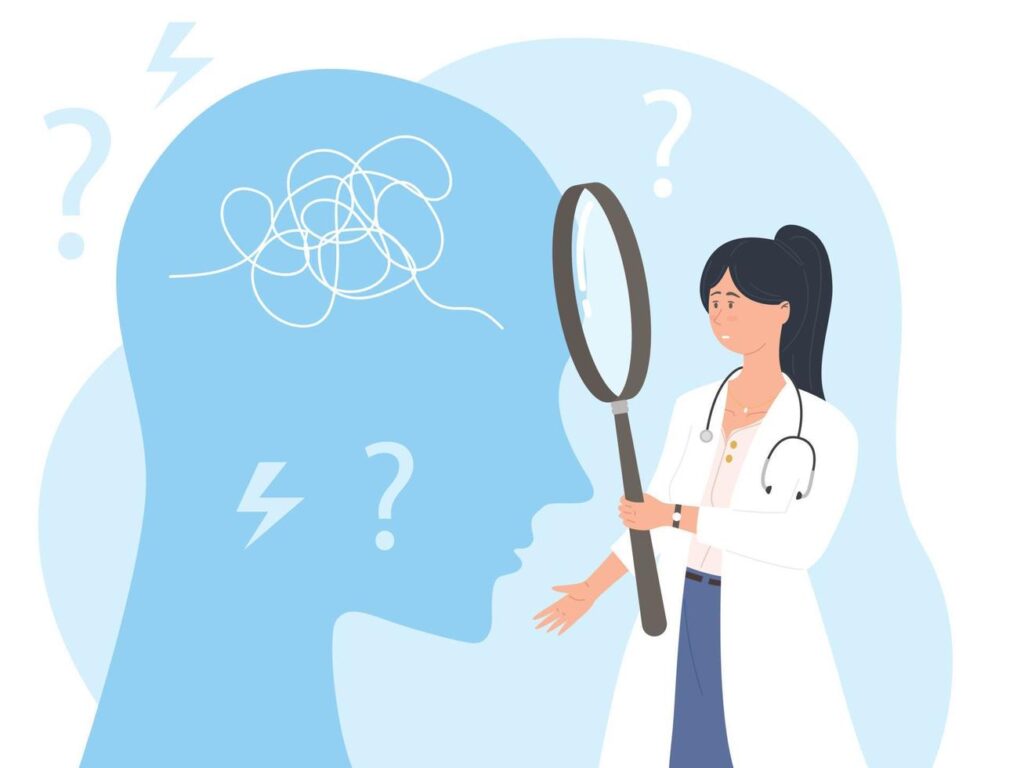
Innovations in biotechnology and neurofeedback are poised to transform treatment protocols. These advancements are frequently discussed by experts and in news outlets.
The merge of real-time data analytics with mental health interventions represents a promising frontier for developing even more potent solutions for insomnia and social anxiety.
Content Additional
To deepen your understanding of these conditions, this additional section explores lifestyle adjustments, dietary recommendations, and mindfulness practices that support recovery from insomnia and social anxiety. Experts agree that minor adjustments—such as regular exercise, balanced nutrition, and relaxation techniques—can have a substantial impact on overall well-being. Complementary therapies are a key component of a holistic approach.
Recent scientific studies emphasize the benefits of nutrient-rich diets, particularly those high in magnesium, vitamin B, and omega-3 fatty acids, which help calm the nervous system and promote restful sleep. Mindfulness and meditation have also been linked to lower anxiety levels and improved sleep quality, as highlighted in global news and academic publications during 2023.
Moreover, wearable technologies that track heart rate variability and stress levels are gaining popularity among professionals. These devices offer real-time insights that empower individuals to manage stress before it escalates into severe anxiety or sleep disruptions. By merging high-tech solutions with everyday wellness practices, a new era in mental health management is on the horizon.
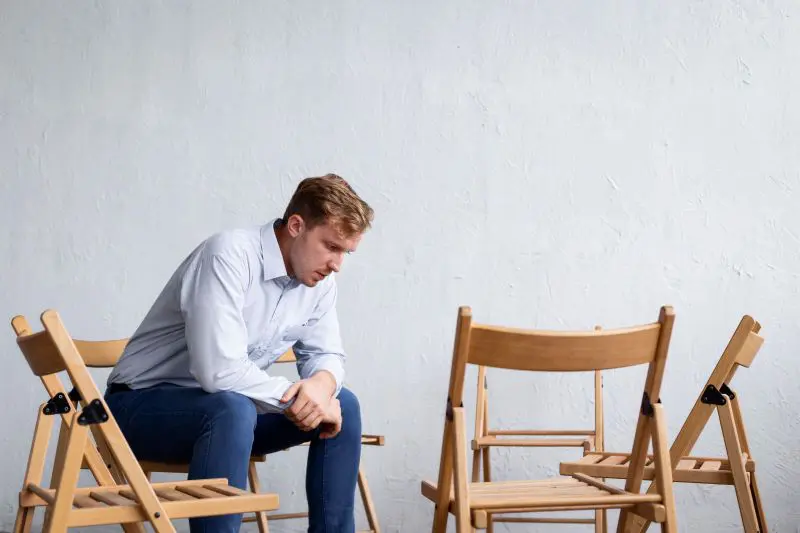
Diet, Exercise, and Sleep Hygiene
A balanced diet paired with regular physical activity can stabilize mood and improve sleep quality. Nutrition experts recommend meals rich in antioxidants and anti-inflammatory ingredients to help alleviate stress-related symptoms.
Establishing a strict sleep hygiene routine—such as avoiding caffeine in the late afternoon and creating a serene bedroom environment—can significantly enhance the effectiveness of any therapeutic approach to reduce insomnia.
Mindfulness and Meditation Techniques
Mindfulness and meditation are increasingly endorsed by mental health professionals as effective, non-pharmacological aids to combat both insomnia and social anxiety. Research shows that these practices help rewire the brain for better stress management.
Even brief daily meditation sessions lasting 10-15 minutes can markedly improve mood regulation and help maintain emotional balance.
Our journey through the complexities of insomnia and social anxiety shows that while these challenges are significant, they are by no means insurmountable. By combining modern strategies, personalized therapies, and holistic approaches aligned with current trends, a brighter future is achievable. Adopting these secret solutions can dramatically enhance your quality of life and restore self-confidence. We hope you leave with practical advice and renewed optimism on your path to better mental health and more peaceful nights. Remember, help is always within reach, and every step forward counts.

